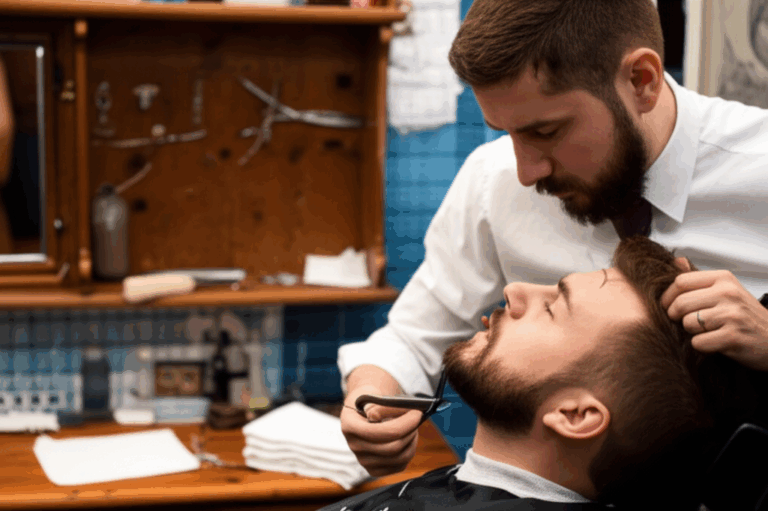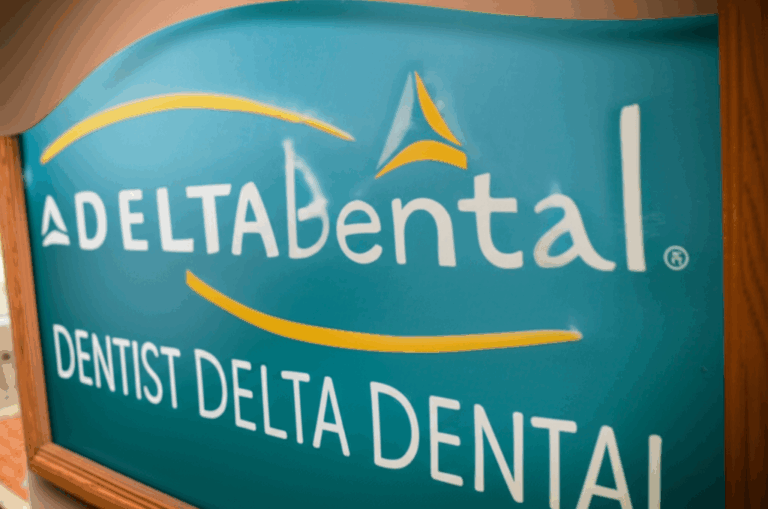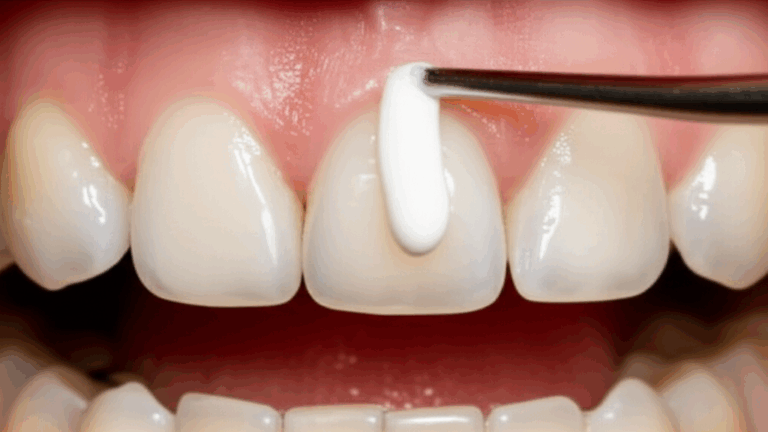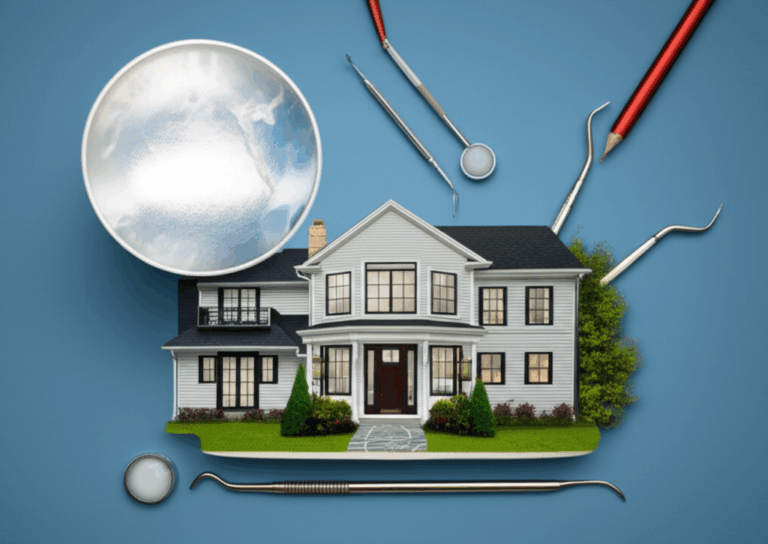
Which Dentist Accepts Medical? Your Easy Guide to Getting Care
Are you not sure if your health insurance pays for dental care? Wondering who can help when you need your teeth fixed but only have a medical plan? Read on. You’ll find what’s possible, understand your choices, and get simple steps to get help—without spending all your money.
Table of Contents
Why This Topic Matters
Let me share a quick story. Not long ago, my friend’s child fell at school. Her tooth broke, and she was scared and hurt. At the dentist, her mom was surprised to find out that their regular health plan did not pay for dental work. The family didn’t have dental insurance and didn’t know what to do. This happens a lot. If you feel the same way, you’re not alone.
Dental and medical insurance sound the same. But they’re different, and mixing them up can stop you from getting care. Most people just want cheap dental care and try to use health insurance because that’s all they have. You have a right to know your choices. You should get clear answers and easy steps to take.
What’s the Difference Between Medical and Dental Insurance?
It’s easy to mix up health insurance and dental insurance. Your teeth are part of your body, right? But here’s the big thing:
- Medical insurance pays if you’re sick or hurt—like for hospitals, doctor visits, or surgery. It usually does not pay for your teeth, unless the dentist says it’s part of a bigger health trouble.
- Dental insurance pays for cleanings, checkups, fillings, and fixing teeth.
Table: How Medical and Dental Insurance Cover Different Things
| Type of Care | Medical Insurance | Dental Insurance |
|---|---|---|
| Teeth cleaning | No | Yes |
| Filling a cavity | No | Yes |
| Regular check-up | No | Yes |
| Wisdom tooth removal (routine) | Rarely | Sometimes |
| Broken jaw from accident | Yes | No |
| Oral surgery for cancer | Yes | No |
| Tooth repair before heart surgery (medical need) | Sometimes | No |
Every plan is a little bit different. That’s why it’s smart to look at your plan or call your company if you aren’t sure.
When Can Medical Insurance Cover Dental Work?
So, does your health insurance ever help with dental stuff? Sometimes—if the work is needed because of an accident, disease, or a health problem that affects your whole body. These are called medically needed procedures.
The Rare Times It’s Covered
- Oral surgery for an accident (like a broken jaw)
- Treatment for mouth cancer
- Bad infections from a tooth that spread to other parts
- Getting your mouth ready for a heart or organ surgery
- Hospital stays for dental work that’s risky, like using sleep medicine for people with special needs
- Sleep apnea dental devices (sometimes)
What About Help from the Government?
Let’s break it down:
- Medicaid and CHIP: These help a lot of families. Children under 21 usually get all dental work through these. For adults, it depends on your state—some pay for lots, some only pay if you’re in pain.
- Medicare: Does not pay for most dental work, but will help if you need dental care while in the hospital.
- Medicare Advantage (Part C): Sometimes adds dental work like cleanings or fillings, depending on your plan.
Which Dentists Accept Medical Insurance?
Here’s what everyone asks, but the answer isn’t always simple.
Some Dentists Take Medical Insurance
- Oral Surgeons: They often take medical insurance when you need surgery (like after an accident or for cancer).
- Hospital Dental Areas: You might need a hospital stay, or have health problems. The hospital can bill your insurance for dental work.
- Pediatric Dentists: Many take Medicaid/CHIP for kids, since these must cover children’s teeth.
- Community Health Centers or FQHCs: These often take government insurance and have lower payment plans.
- Dental Schools: Students, with teachers, treat people for less and may take Medicaid or state insurance.
But not all dentist offices take medical insurance, and almost none try to bill it for checkups or fillings. Always call to make sure before you go.
How Do I Find a Dentist Who Takes Medical Insurance?
You can find a dentist who works with your insurance, but it takes a few steps.
If you want ceramic crowns or dental bridges, some dentists work closely with a trusted dental ceramics lab to offer good materials at fair prices.
What Questions Should I Ask the Dental Office?
Don’t be afraid to ask! When you call, use questions like these:
- “Does my medical insurance pay for any dental work here?”
- “Is my procedure needed for my health?”
- “Can you help get my insurance to say yes first?”
- “Will you bill the insurance, or do I pay and ask for money back?”
- “What will this cost if it’s not paid for?”
Pro tip: Always have your card ready, and write down names and what they tell you.
What Should I Do If I Don’t Have Dental Coverage?
If you don’t have dental insurance and your health plan can’t help, there’s still hope.
- Dental schools: They give care for less money.
- Community dental clinics: Many charge by how much you can pay (sliding scale).
- Dental discount plans: You pay to join and get cheaper prices at some dentists.
- Payment plans: Many dentists let you pay a little each month.
- Health Savings Account (HSA) or Flexible Spending (FSA): These let you use tax-free money for dental needs.
Tip: Some dental offices are really good with dentures. If you need new teeth and your insurance won’t help, you can ask about a removable denture lab for custom options that cost less. Ask about it!
How Do Dental and Medical Problems Connect?
You might ask, “Why should my doctor care about my teeth?” Because mouth health links to your total health. If you have diabetes, mouth problems can make it worse. Some mouth infections can make your heart sick or cause trouble in pregnancy.
Here’s how health and teeth link:
- Mouth infections can lead to heart trouble
- Bad teeth can raise your diabetes worries
- Bad gum disease can hurt your lungs
Groups like CareQuest and the American Dental Association say people who see the dentist often have fewer big health problems. So going to the dentist really does matter.
Case Studies: Real People, Real Solutions
Case 1: Medicaid and Kids
Sarah, age 7, needed two fillings and a sealant. Her family had Medicaid. The kids’ dentist took Medicaid. They billed the insurance, and the family paid nothing.
Case 2: Accident and Medical Insurance
Once, I met George, who wrecked his bike and broke his jaw. The oral surgeon fixed it in the hospital. Medical insurance paid for the surgery and stay—because it was from an accident, not regular tooth care. Cleanings weren’t paid for.
Case 3: Medicare Advantage
My neighbor Pam, age 72, joined a Medicare Advantage plan with dental. She got two cleanings and her filling for a small fee. She paid much less than without insurance.
Can Special Labs Help My Dentist Help Me?
Many dentists work with special labs for some dental stuff:
- Ceramic crowns fix broken teeth. Check out crown and bridge lab for good, strong work.
- Dental implants fill in for missing teeth (these are usually not covered by insurance, but your dentist can help with payment plans).
- Custom retainers or night guards to protect your teeth—ask if your dentist works with a night guard lab for custom pieces.
This teamwork means you can often get strong, new teeth, even if your insurance doesn’t cover everything or only some things.
Frequently Asked Questions
Does my health insurance pay for dental work?
Not usually—only if you need surgery for an accident, infection, or a health problem.
If I have Medicaid, will it cover my dental needs?
If you’re under 21, yes, almost always. Adults: it depends on your state (some pay for more, some for less).
Can I see a dentist if I have Medicare?
Regular Medicare won’t help for cleanings, but some Medicare Advantage plans give some dental help.
Are emergency dental needs ever covered by health insurance?
Yes, if it’s a big problem—like accidents, broken jaws, or infections that put you in the hospital.
Where else can I go if I don’t have dental insurance?
Try dental schools, clinics in your community, or places that charge less for lower incomes.
Summary: The Most Important Things to Remember
- Medical and dental insurance are not the same. Don’t think your health plan includes teeth.
- Sometimes, your health insurance pays for dental—but mainly for big problems or health issues.
- Kids with Medicaid/CHIP almost always get dental: adults need to check the state rules.
- Always ask your insurance and your dentist what’s covered, and get it in writing if you can.
- No insurance? Look for dental schools, clinics, or ask your dentist about payment plans or discounts.
- Good teeth = better health. Waiting costs more later.
- Dental labs can help. Whether it’s crowns, dentures, or implants, teaming up with a trusted china dental lab may help you get more choices—even with tough insurance rules.
Remember: The only bad question is the one you don’t ask. Your health is worth it—teeth and all.
References
- Centers for Medicare & Medicaid Services (CMS)
- American Dental Association (ADA)
- CareQuest Institute for Oral Health
- Medicare.gov
- Kaiser Family Foundation (KFF)
- CDC National Center for Health Statistics
- American Association of Oral and Maxillofacial Surgeons
For tips, the right dental lab, and more, contact your local dentist or insurance company today.







